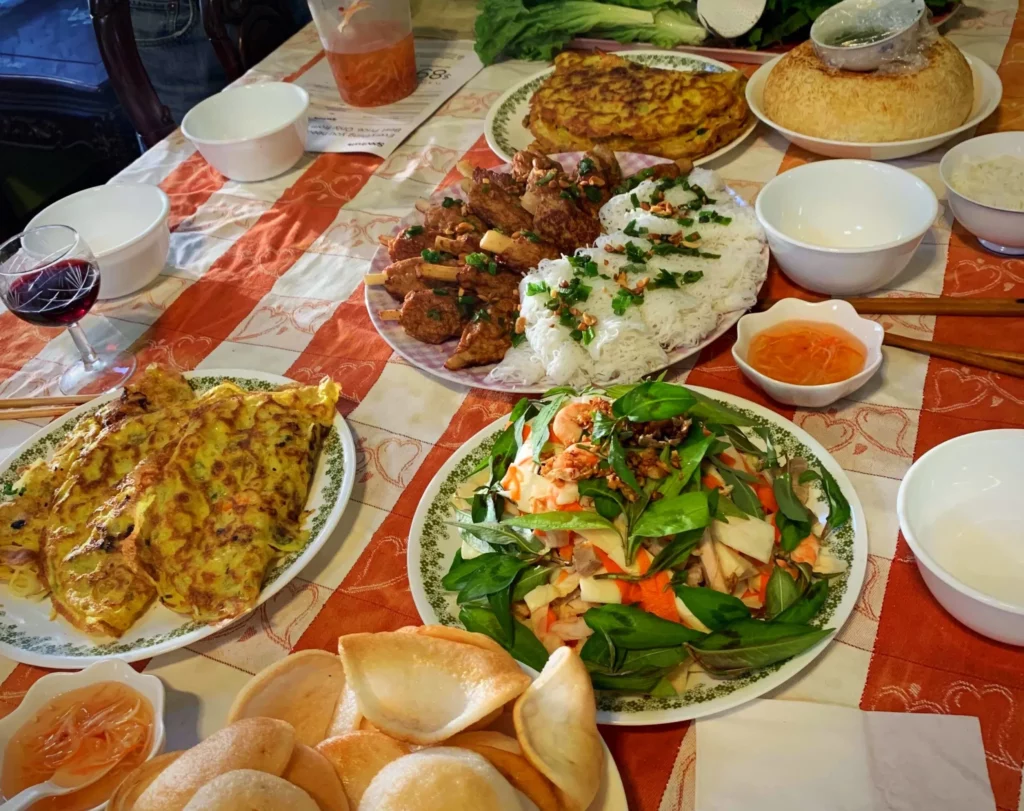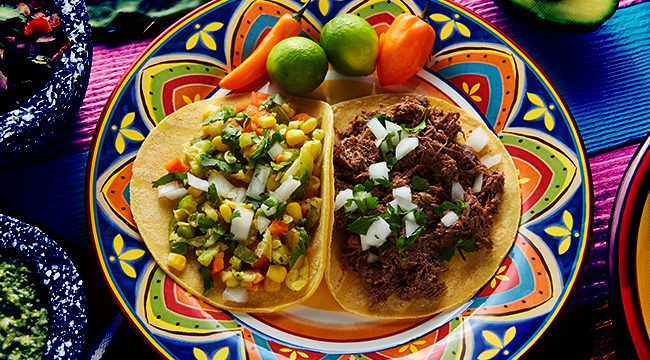Generation Black TV - Live
Does Cultural Appropriation Exist in Food Culture?
How can we avoid cultural appropriation without gatekeeping recipes?
For many immigrants, their taste buds are the only connection to home. Our mouths are a vessel for language and a vessel for the flavours of home recreated in a new country. Before the rise of exotic eateries, flavour and love were ridiculed for smelling weird or looking weird. And, eventually, many of us were backed into the corners of school lunches and Lunchables.
Yet, a decade later everyone wants a taste of spicy kimchi my friends were ridiculed for. Or perhaps some authentic Vietnamese pho? Maybe even some West African Jolly and Pepe soup? But, this is not the press at hand. Seeing people willing to open their mouths and their minds to experience new cultures is, in fact, amazing. It gives others the opportunity to learn about new countries and ways of life. The real question is, has this opened the door for cultural appropriation in food?
During my uni years, I remember the first time that I craved an authentic Caribbean dish, oxtail stew and plantains, something my Jamaican best friend’s mother would make for us on Sunday afternoons. Aunty Sandy is a no-nonsense Jamaican woman who would prepare our food while my friend and I would watch on in awe. The way she coated the meat hours before in an abundance of spices and then fry plantains in oil not flinching at the sizzles and pops emanating from the pot was fascinating.

Cultural Appropriation through food © Getty Images
After that, I wanted to have a small semblance of Jamaican culinary experience and took it upon myself to find a local restaurant that could offer this cultural experience. But, upon reaching a recommended restaurant, the host who greeted us was a white man who introduced himself as the owner. I was disappointed, but I thought to myself there must be a Trinidadian chef in the back somewhere ready to replicate that magic I had grown to love. But, on reflection, I don’t think there was.
The food of marginalized communities is important to protect, especially since the people who are custodians of the food have withstood colonialism, imperialism and, more specifically, food imperialism where entire chunks of their food history have been erased. Food for marginalized communities is more than just a source of nutrition but has also become a source of political resistance to imperialism.
One instance of this appropriation that hit the headlines is ‘Jollof Gate’. Acclaimed chef Jamie Oliver released a recipe for the traditional jollof rice, which consists of tomato and pepper-based rice mix. The traditional recipe has been passed down from generation to generation and Oliver came under fire after he made a few non-traditional alterations. These included adding lemon wedges and substituting canned tomatoes for vine tomatoes. This alteration of a classic recipe is not a small light-hearted instance. For some, it disregards the history of African cuisine and the reasons these recipes were formulated the way they were.

Jamie Oliver © Steve Ryan
Why is this a big deal? Other cultures, such as western ones, have established strong presences in the sphere of their food. But other cultures that have had to fight for a place at the table still need protection. Unlike tweaking an Italian dish or a French one, non-western dishes have barely had the time to stand on their own. So, instead, these modifications erase the millions of Nigerians, Malians and Ghanaians for whom jollof rice is culture and history.
This isn’t to say these dishes are limited to people of one ethnicity to enjoy or even limited to having people of a cultural group exclusively produce a type of cuisine. It’s more a question of how it’s done. Similarly, to cultural appropriation, cultural appropriation in food relies upon a dominant culture taking things from a marginalized community mainly for aesthetics and financial gain, while pushing the original recipes and ideas to the side. The result is a more watered-down version being presented as authentic.
For some, calling this cultural appropriation might seem like a stretch, but marginalized communities aren’t taking this lying down. And the movement has allowed people to take their culinary culture into their own hands in an attempt to subvert the watered-down versions of their food.
Gatekeeping food isn’t the goal here. But if someone wishes to replicate a recipe outside of their cultural group, they should do so in the comfort of their home. And, if they choose to capitalize on recipes and culinary culture that is not their own, they should take extreme care to be as authentic as possible and involve people of that group in their endeavours.


